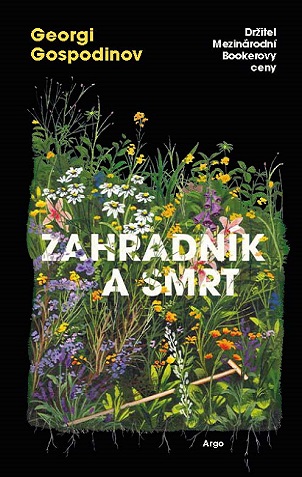Georgi Gospodinov
The Gardener and Death (Градинарят и смъртта)
Bulgaria

BOOK

In his latest novel, Gospodinov confronts the death of his father. He describes his father’s decline, his battle with illness and pain, and the days following his passing—when nothing is the same. Interwoven throughout the novel are images of the garden his father lovingly tended. The garden is where life begins, but also ends. Gospodinov describes tragic moments with sensitivity, empathy, and compassion, but also with irony and humor. His writing is filled with tenderness as well as the harshness of reality. As is his signature style, the novel includes essayistic and philosophical reflections on life, death, childhood, and meaning.
Published by Argo, 2025
AUTHOR

© Jan Křikava
Georgi Gospodinov (*1968) is one of the most popular and widely translated contemporary Bulgarian authors. He writes poetry, prose, and drama. His works published in Czech include the short story collection Gaustin or The Man with Many Names (2004), Natural Novel (2005), The Physics of Sorrow (2018), and Time Shelter (2024). For Time Shelter, he received the European Strega Prize (2021) and became the first Bulgarian author to win the International Booker Prize (2023).
TRANSLATION
David Bernstein

